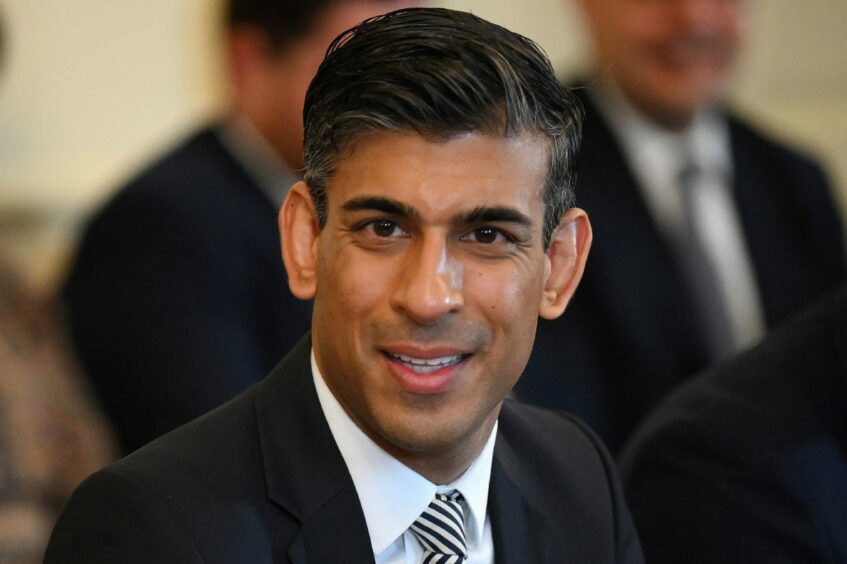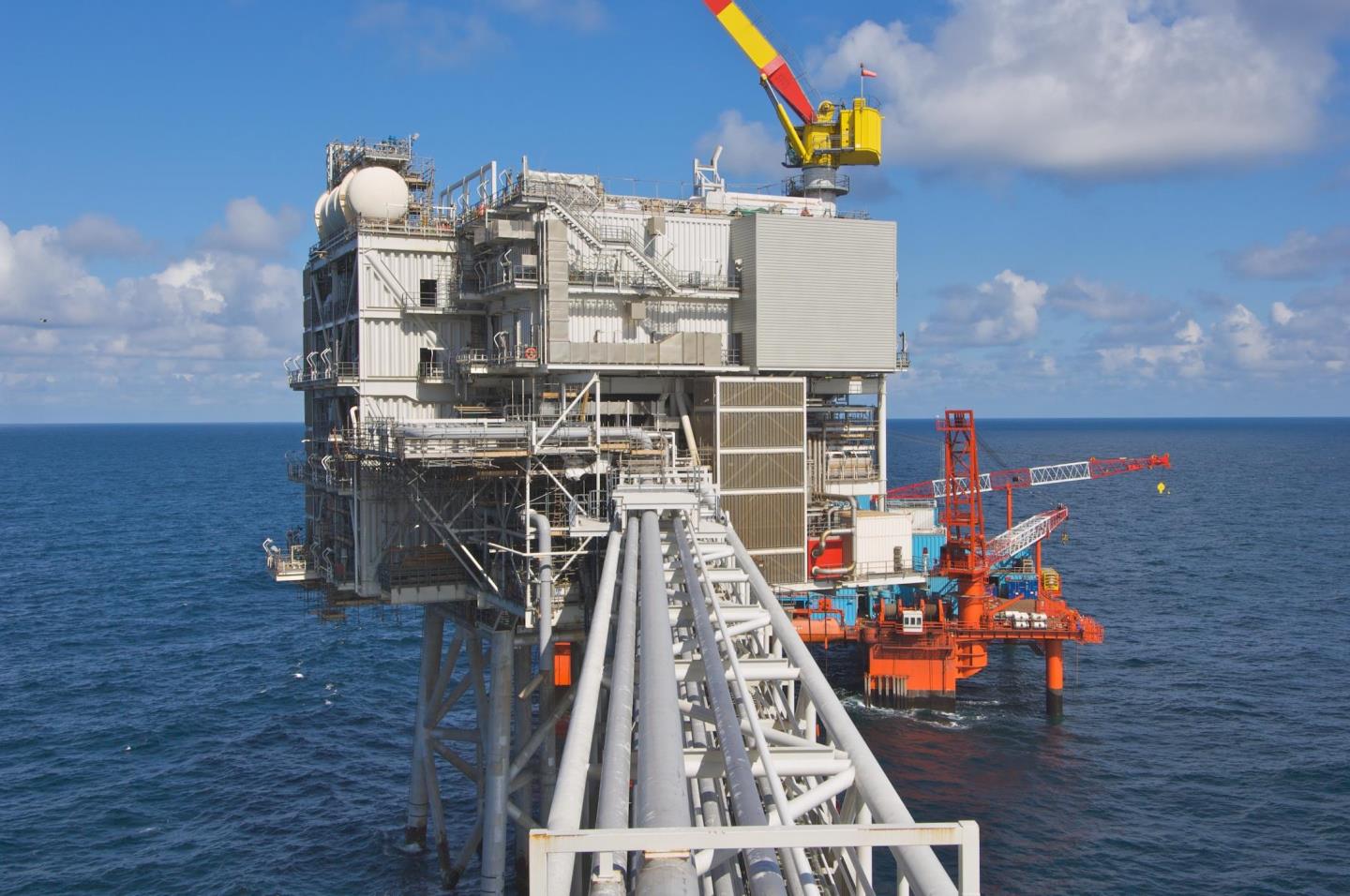
Oil and gas industry executives will seek clarity on three key points from Chancellor Rishi Sunak in a high-level meeting about the windfall tax in Aberdeen on Thursday.
Multiple industry sources told Energy Voice that the levy’s “sunset clause”, issues on decommissioning rebates, and investment incentives for emissions-busting Carbon Capture and Storage (CCS) technology are the main sticking points they’re seeking to address.
One source said there is “fuzziness” around the timeline of the sunset clause, currently intended to bring the tax to an end in 2025, and whether it will indeed be wound down as promised.
Announcing the levy last month, Rishi Sunak said the tax would also be stopped sooner if oil prices return to “historically normal” levels.
Indications from the Treasury have been that this would be around the $65 – $70 per barrel mark, another industry insider said, but things are “still a bit loose” in terms of clarity and how quickly the tax would be removed if prices dropped to that level.
The levy means that industry is now paying 25% more than usual – to a headline rate of 65%.
There are investment incentives in place, but industry has suggested that the Treasury has missed “unintended consequences” of the levy.
Firms who have already recently spent major sums on producing North Sea oil and gas now face much higher bills than expected, with skewed economics on those investments.
One source pointed to Harbour Energy; a firm which has “sunk capital” into projects but is now paying “much more than they expected” and cannot claim those investment incentives – so they are “meaningless”.
CCS
Companies now also cannot claim rebates on losses made during the decommissioning of huge oil and gas platforms – as is normally the case – further exacerbating the problem; another of the three high-level points to be made tomorrow.
Industry will also seek clarity on investment relief for Carbon Capture and Storage (CCS).
It’s an area that many oil and gas companies are making major investments in, such as Shell, Harbour Energy, BP and Neptune Energy, and is seen as key for the UK hitting its climate targets.
The process links closely to repurposing of gas platforms and infrastructure in order to store emissions in depleted reservoirs in the North Sea.
One source said being unable to receive investment relief on that spending, which directly deals with oil and gas infrastructure and key climate targets, could have the unintended consequence of discouraging that investment.
Depressing timeline
News of the meeting was broken last night by the Financial Times.
One source said the UK Government’s actions equate to a “depressing timeline” looking back to the North Sea Transition Deal signed last year.
The Energy Security Strategy was then published in April, “and then four weeks later, here’s a windfall tax,” one source said.
“Talk about mixed messages for investors”.
Norway pays a higher tax rate – 78% – but investors know that is stable and “they won’t change the goalposts” without industry consultation, which one source said makes Norway the more attractive choice to investors.
The full Energy Profits Levy Bill is due to be published in July and industry said sources the Chancellor could address concerns “easily” by tackling some of these key points.
“Will we get those tomorrow? Hopefully”, one said of the meeting with Rishi Sunak in Aberdeen.
Concerns
It was reported this week that Norwegian oil firm Equinor could pull out of the £4.5 billion Rosebank project in the West of Shetland – though it has dismissed this as “speculation”.
Meanwhile, in a statement on Monday, Harbour Energy said that it is “deeply concerned” about the levy, whose impact will be “substantially greater than anticipated, both in scale and longevity”.
When the draft legislation was published this week, trade body OEUK said: “The problem is that new taxes dent investor and industry confidence. That is why the industry always considers a stable and predictable fiscal regime to be key to its investment criteria. Ensuring reliable supplies of home produced energy is essential to ensure we don’t further add to the cost of living crisis.”
West Aberdeenshire and Kincardine MP Andrew Bowie said: “”I asked the Chancellor to visit the North East last month after his actions on the cost of living crisis.
“He understands the importance of the North Sea industries to maintaining the UK’s energy security, which is central to the inflation problems we are seeing across the western world.
“Oil and gas diversification, hydrogen and carbon capture will be essential to meeting our renewables obligations by 2050. They also promise a lower-cost solution to heating homes and powering workplaces.
“I believe Mr Sunak will engage with heads of industry as part of his visit.”
Recommended for you


 © Supplied by Harbour Energy
© Supplied by Harbour Energy